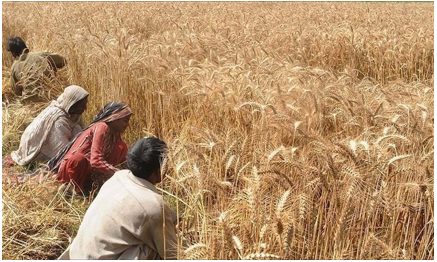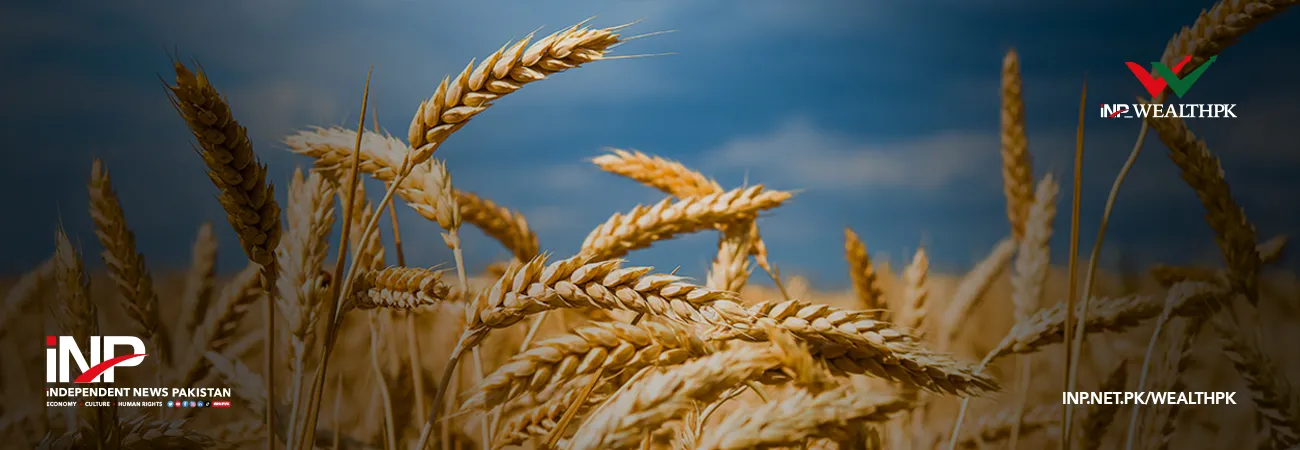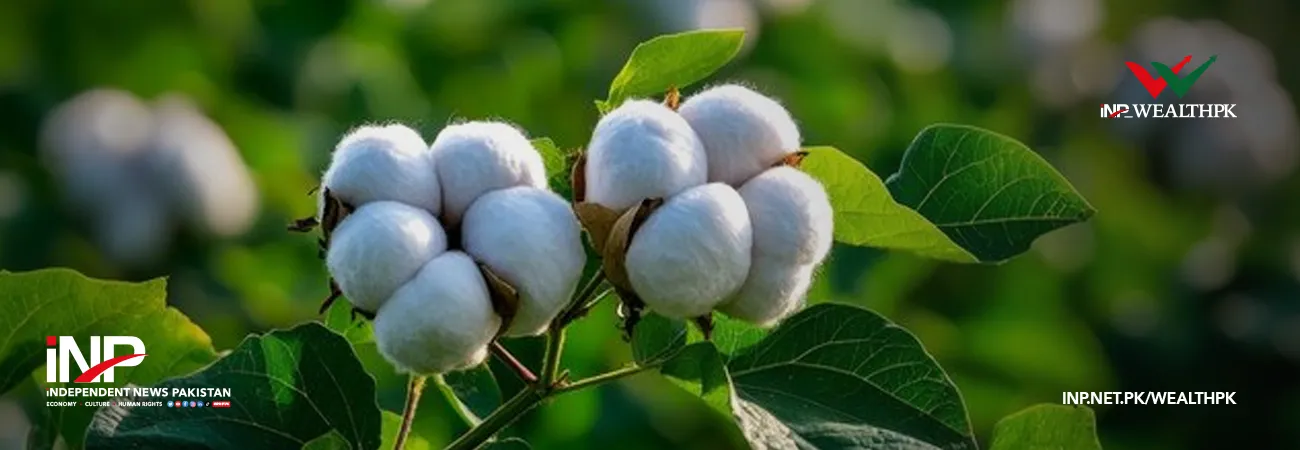INP-WealthPk
Arooj Zulfiqar
The Federal Committee on Agriculture (FCA) met on October 29, 2024, to set the production targets for Pakistan's Rabi season 2024-25. The primary goal was to enhance food self-sufficiency. This crucial meeting, involving the federal and provincial stakeholders, focused on boosting crop productivity and strengthening the supply chain to support farmers, reports WealthPK.

Wheat sowing, a key activity in the Rabi season, is underway across Pakistan, and the federal government has urged the provincial governments to ensure the timely provision of quality inputs like seeds, fertilizers, and irrigation resources. The provinces have been directed to streamline their operations to help meet the ambitious production targets. According to the data released by the Ministry of Finance in a monthly outlook for November, agricultural machinery imports surged by 70.9% in the first four months of FY2025 (July-October), reaching $39.6 million.
This increase underscores the government's focus on mechanizing the agricultural sector to boost efficiency and productivity. Fertilizer offtake saw a significant shift in October 2024. The sale of Di-Ammonium Phosphate (DAP) reached 309,000 tonnes, a 92.2% year-on-year increase, thanks to the Punjab Government's Kissan Card program. This initiative provides interest-free loans to small farmers, enabling them to purchase essential inputs such as fertilizers and seeds. In contrast, the offtake of Urea decreased by 21.9% to 358,000 tonnes, reflecting changes in farming practices and the financial incentives driving this shift. Pakistan's agricultural policy emphasizes food self-reliance.
The increase in agricultural machinery imports and the success of the Kissan Card program highlight the government's commitment to modernizing farming practices and supporting the agricultural sector. With these coordinated efforts, the stakeholders are hopeful that the Rabi season will lead to higher crop yields, contributing to food security and economic stability.
Credit: INP-WealthPk











